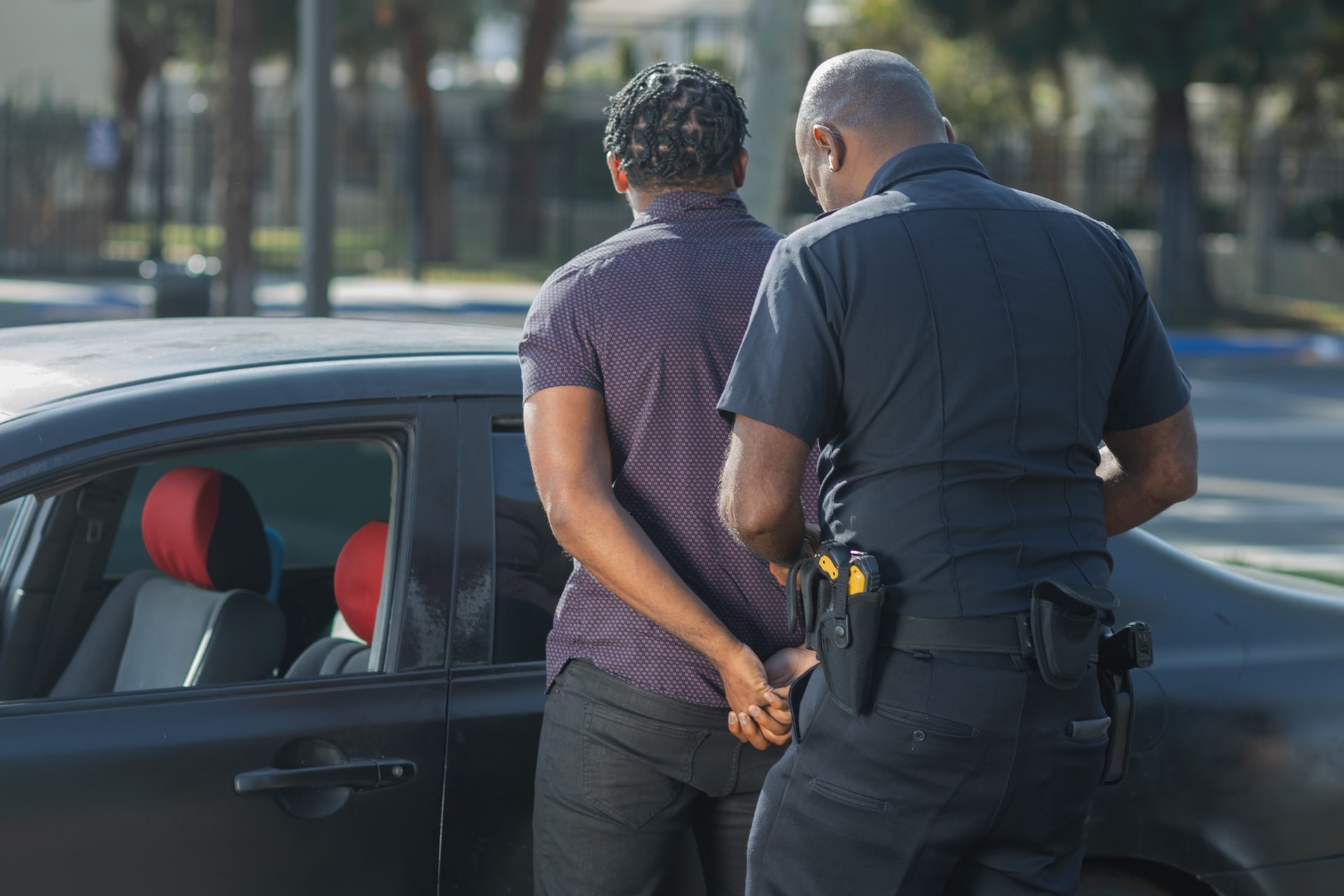Getting arrested can be a scary and confusing experience. But during and after an arrest, you do have rights. These rights are mostly protected by the Fourth, Fifth and Sixth Amendments. Knowing these rights can help you be prepared for an interaction with police. And asserting these rights can help you in court if police violate them.
Can police arrest you for any reason?
No. Your Fourth Amendment rights protect you against “unreasonable … seizure.” This means that police must have a valid reason to seize—meaning arrest—you. In most cases, this means police either need probable cause or an arrest warrant. Except for some other rare scenarios, police cannot arrest you with probable cause or a warrant.
Do you have to talk to police if you’ve been arrested?
No. Under the Fifth Amendment, you have the right to remain silent. This means that you do not have to talk to police, even if they arrest you. You may still have to identify yourself, though.
You also have to verbally and clearly assert your right to remain silent (and your right to a lawyer). Something like this is enough: “I’m asserting my right to remain silent and want to talk to a lawyer.” But unclear statements like “Do I have to talk to you?” or “I’m not sure I should talk to you.” likely won’t be enough.
Can you request an attorney when you’re under arrest?
Yes. The Sixth Amendment guarantees everyone the right to an attorney in criminal cases. But that won’t stop police from trying to talk to you before you speak with a lawyer. As indicated above, you must say you want to speak with a lawyer clearly when you assert your right to remain silent.
Police may not make it easy for you to get a lawyer either. In some cases, you won’t get one until the court appoints one. This could occur at your arraignment. Other times, you might be able to call a lawyer you know from jail. You could also call a family member and ask for help.

Do police have to read you your rights?
In a case called Miranda v. Arizona, the United States Supreme Court ruled that police must tell people their rights when they arrest them. This is often called a “Miranda warning.” And it will sound a lot like the list of rights you hear police give on TV.
- “You have the right to remain silent.”
- “Anything you say can and will be used against you in the court of law.”
- “You have the right to an attorney.”
- “If you cannot afford an attorney, the court will appoint one for you.”
If police do not tell you these rights, courts should stop the prosecutor from using what you said against you. But there is no guarantee that courts will do so. If a police officer testifies that they gave you a Miranda warning, it can be very hard to prove they did not.
The Takeaway:
Everyone has certain rights during an arrest in the United States. These rights are outlined by the Fourth, Fifth and Sixth Amendments. For example, police must have probable cause or a warrant to arrest you. During and after an arrest, you have the right to remain silent. You also have the right to a lawyer. And police must tell you these rights when they arrest you.






